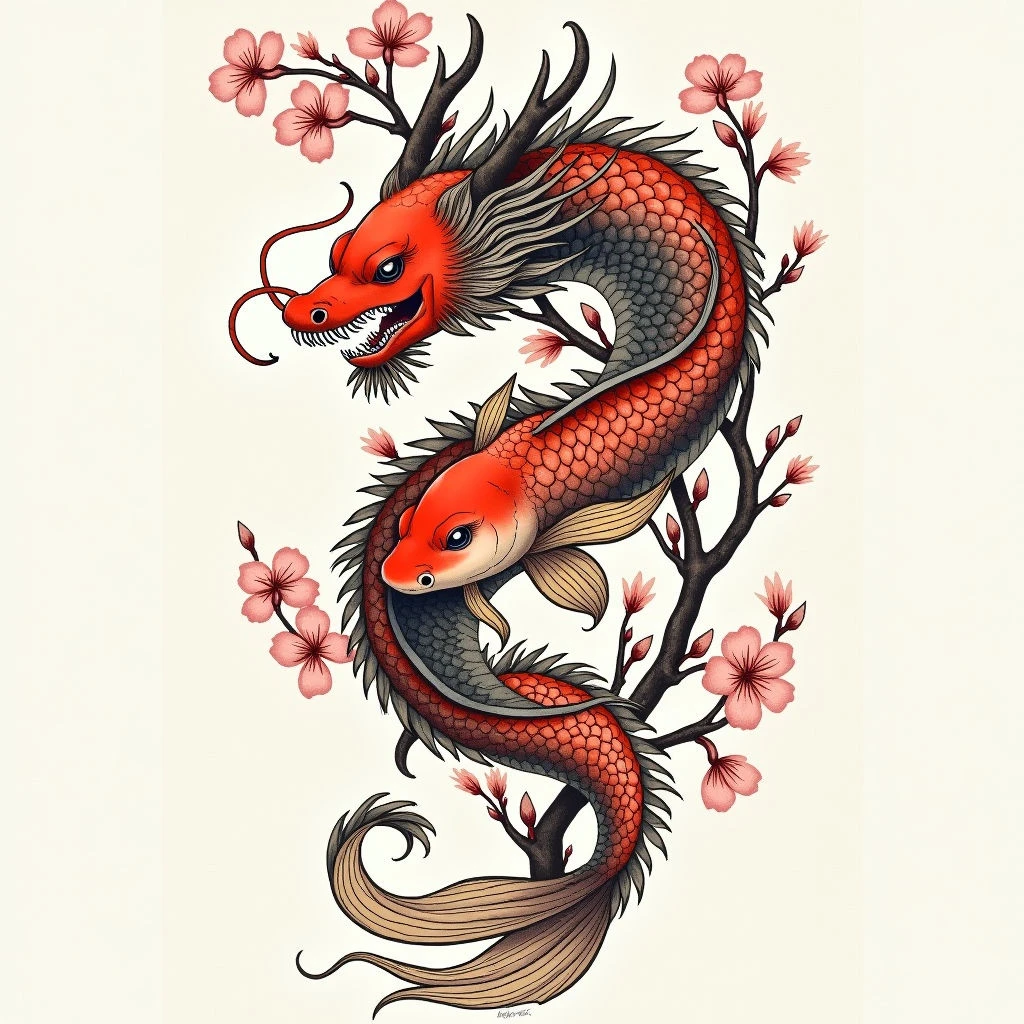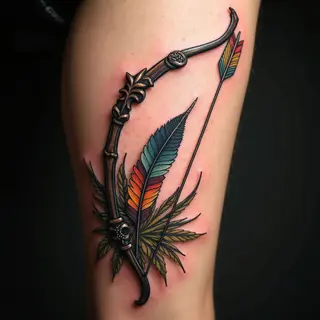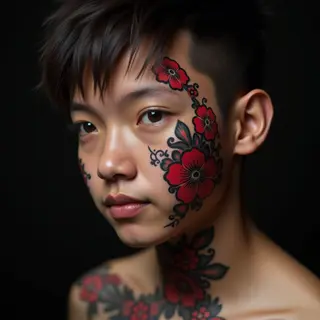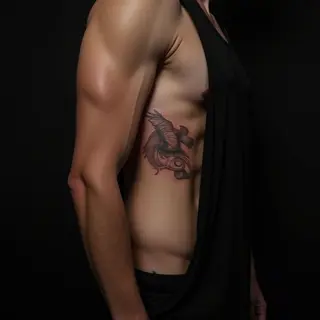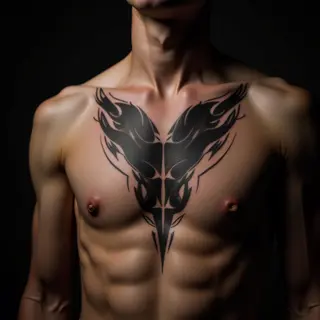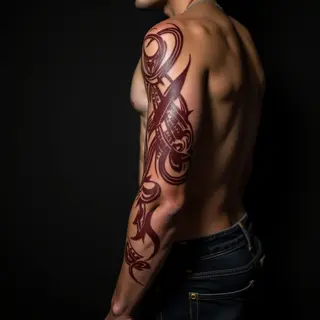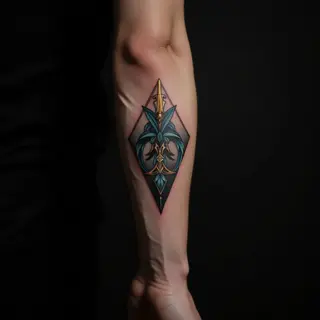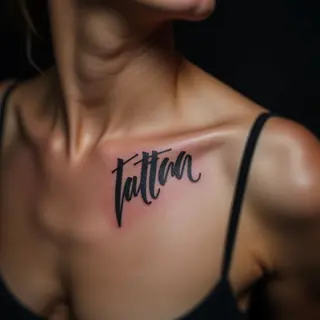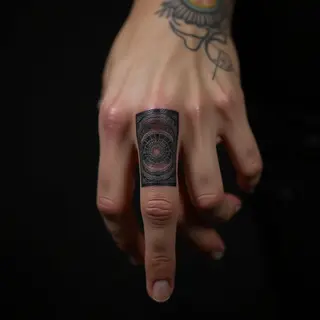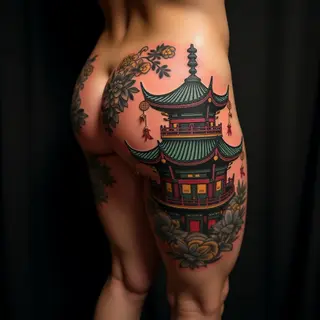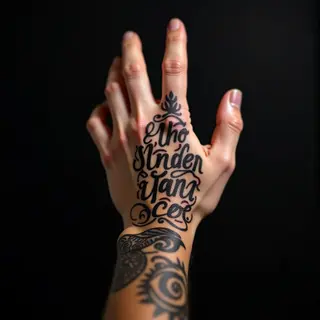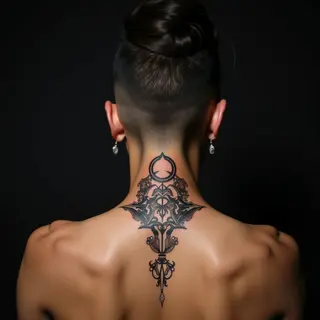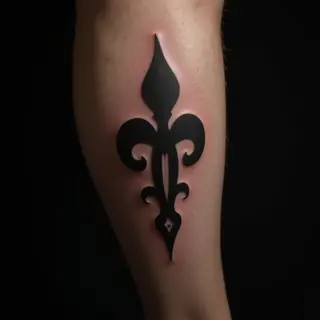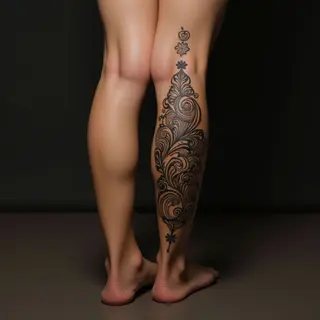Understanding the Symbolism of Irezumi: Traditional Japanese Tattoo Motifs
Irezumi, the revered practice of traditional Japanese tattooing, is far more than mere decoration. Each design holds profound symbolic weight, rooted in centuries of history, folklore, and philosophical understanding.
The Dragon (Ryū): Power & Protection
The dragon embodies strength, wisdom, and good fortune. In Japanese lore, they control rain and rivers, signifying prosperity and abundance. A dragon tattoo often signifies ambition, courage, and a connection to nature’s raw power.
The Koi Fish (Koi): Perseverance & Transformation
Koi symbolize perseverance, loyalty, and transformation. The legend of the koi swimming upstream to become a dragon represents overcoming obstacles and achieving enlightenment. They also represent marital fidelity and family love.
Cherry Blossoms (Sakura): Beauty & Ephemerality
Sakura flowers symbolize beauty, fragility, and the fleeting nature of life. Their brief bloom serves as a poignant reminder to cherish each moment and appreciate the impermanence of existence.
Wind Bars (Fūjin): Protection & Guidance
Fūjin, the god of wind, is believed to ward off evil spirits and guide lost souls. A wind bar tattoo often represents protection, freedom, and a connection to the spiritual realm.
Beyond the Surface: Personal Significance
While these are common interpretations, irezumi carries deeply personal meaning for each individual. The placement, size, and combination of motifs can create unique narratives reflecting experiences, beliefs, and aspirations. Consult with a skilled and knowledgeable artist to ensure your tattoo honors both tradition and your personal journey.
